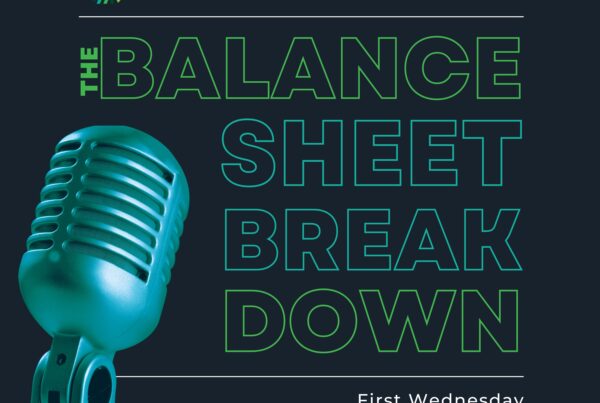As a major generic pharmaceutical company, Mylan could be the first generic pharmaceutical company to bring a new generic drug product to the market. Typically, a generic applicant, Mylan in this case, must provide the application to the US Food and Drug Administration (FDA) and prove that the generic product is therapeutically equivalent to the branded drug product as part of its Abbreviated New Drug Application (ANDA). When submitting this application, Mylan has to certify that, to the best of its knowledge, the patents covered by this product are invalid, unenforceable, or will not otherwise infringe on the existing patent as part of its Paragraph IV Certification. This Paragraph IV Certification statement is required to be sent to the branded pharmaceutical company, and in most cases, the branded pharmaceutical company would challenge the validity of the Paragraph IV Certification in US District Court for infringement of the branded pharmaceutical patents. As expected, the generic drug company incurs legal fees to defend against these challenges.
Historically, Mylan’s practice, for both the costs associated with the Paragraph IV Certification statement and the costs associated with the patent infringement litigation, was to expense the costs incurred on their tax returns. The Internal Revenue Service (IRS) challenged this position during an audit of Mylan’s 2012 – 2014 federal tax returns and asserted that these costs should be capitalized rather than expensed.
Mylan challenged the IRS assessment and brought the case to US Tax Court.* The Court identified a key distinction between the two types of legal fees. Ultimately determined was that the costs associated with the preparation of the Paragraph IV Certification, which is a required step in the approval process of ANDA applications with the FDA, should be capitalized as an intangible asset under Internal Revenue Code (IRC) Section 263(a). Meanwhile, the expenses incurred for the defense of patent infringement suits could be immediately deducted because the defense of such litigation was not technically part of the approval process with the FDA. The court determined that costs associated with the defense of these lawsuits over intellectual property rights are typically a permitted deduction as an “ordinary and necessary business expense.”
Needless to say, most generic drug companies would argue that Paragraph IV Certification costs should be deducted as they are also an “ordinary and necessary business expense” incurred in the approval process of new generic drugs. Taxpayers who incur Paragraph IV Certification costs and other ANDA-related costs should carefully review this case to see how the Court’s holding may impact the calculation of their taxable income.
If you have any questions related to this case, or any other life science or pharmaceutical matter, please contact your WilkinGuttenplan advisor.
*Mylan, Inc. & Subsidiaries v. Commissioner, 156 T.C. No. 10 (April 27, 2021)





